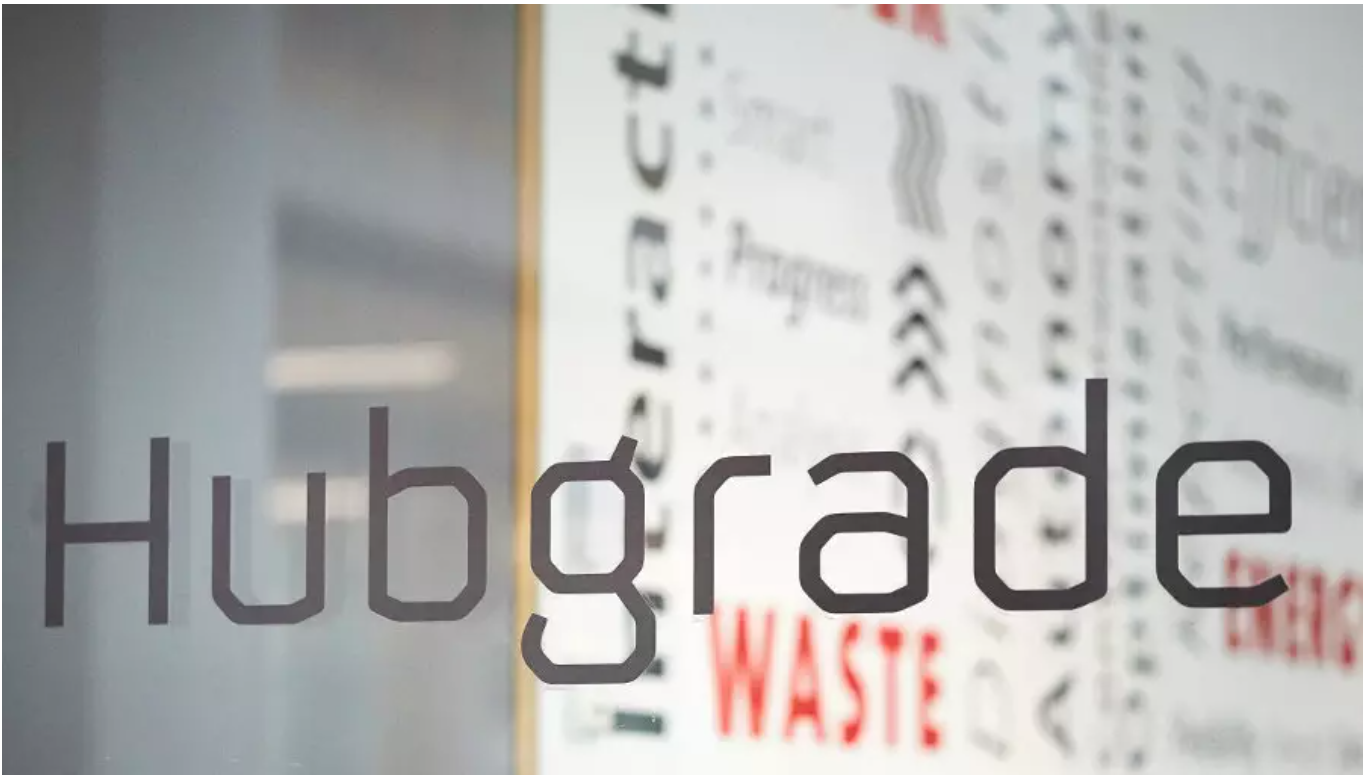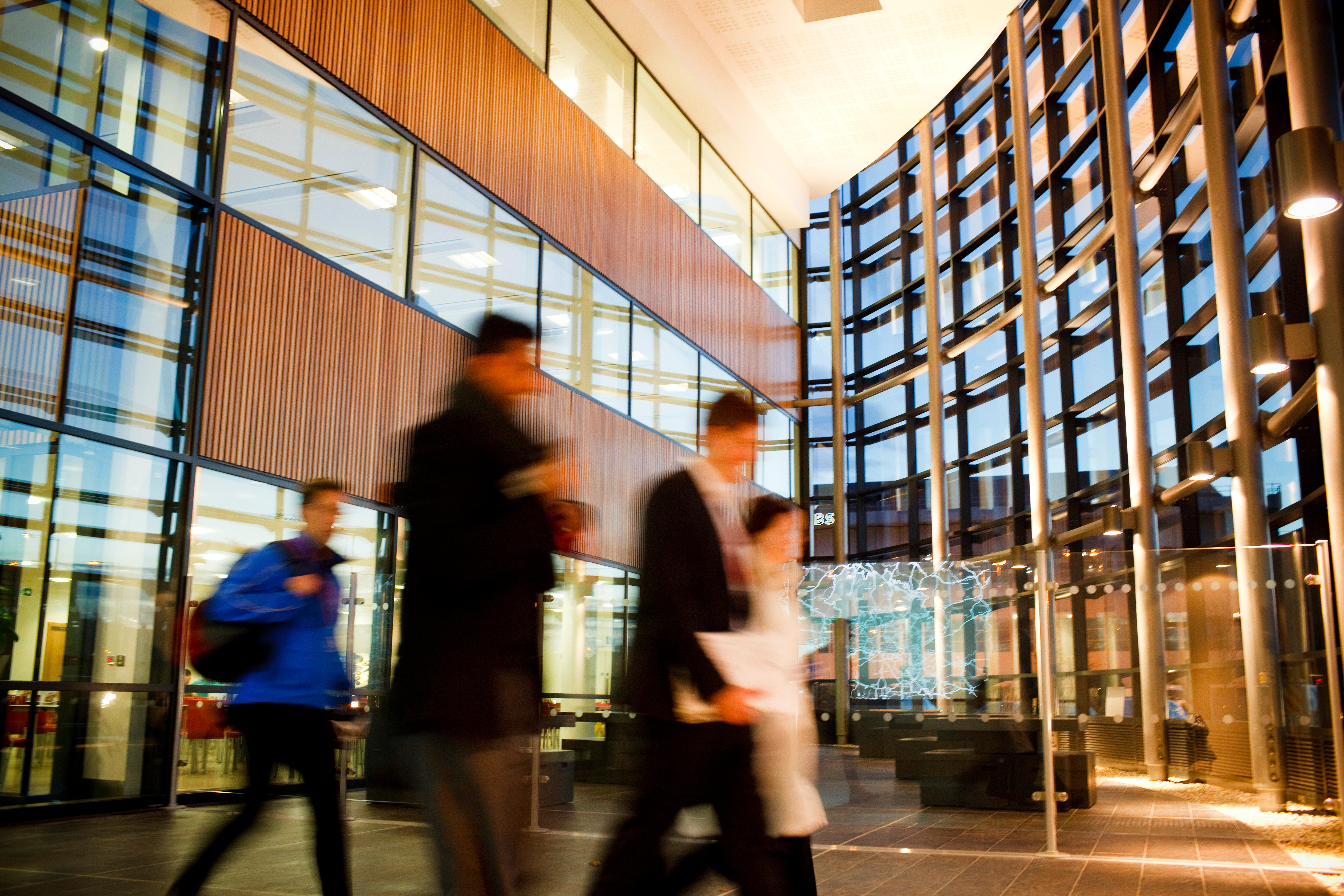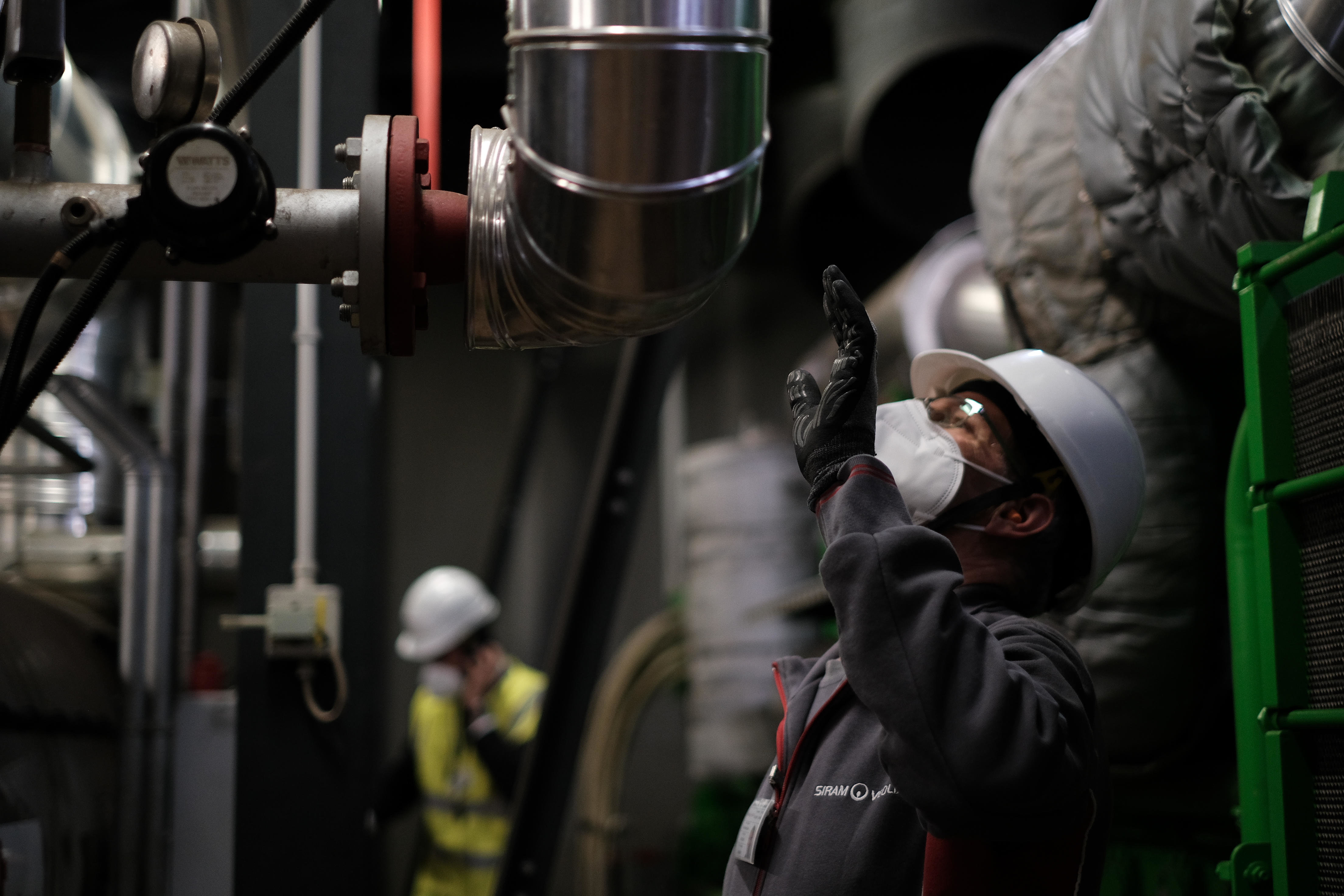Siram Veolia
Sustainability and optimization of environmental resources
Description
Siram Veolia, a reference group in Italy for the efficient management of energy, water and special waste, supports public and private customers in the path of ecological transformation through sustainable and technologically innovative solutions. Present in Italy for over 100 years, it operates in 130 offices with a team of over 3,400 professionals and a turnover of €850 million. Since 2014, Siram is 100% controlled by Veolia, a multinational group (220,000 employees), leader in Europe and in the world in environmental services which helps to develop access to resources, preserve those available and "renew" them. In Italy, over 110,000 tons of CO2 have been saved in the last year thanks to energy efficiency measures; over 400 water purification plants managed; 1,600 tons of special hospital waste and 138,000 tons of liquid waste collected, handled and disposed of.




